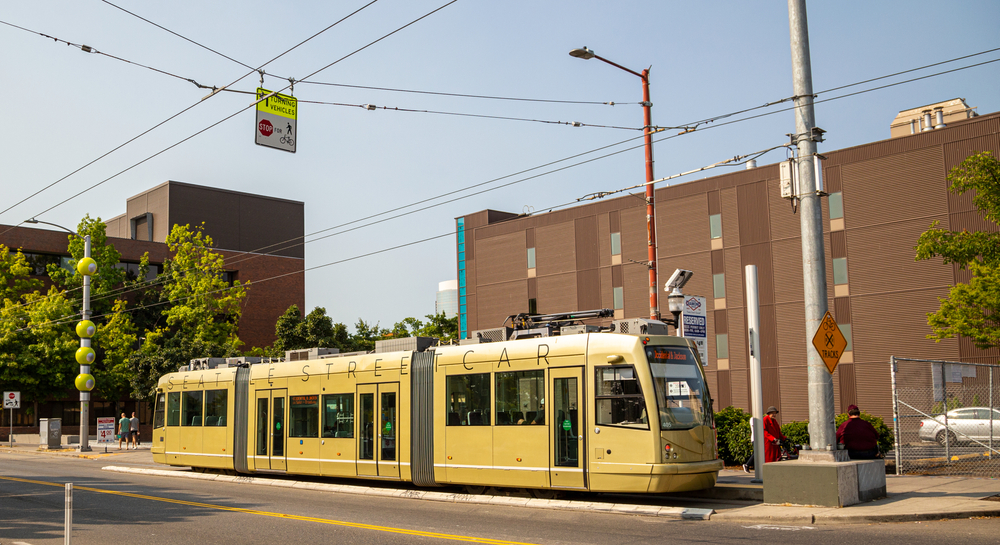
New Jersey Sens. Bob Menendez (D-NJ) and Cory Booker (D-NJ) have asked the Trump Administration to outline guidance for transit workers during the COVID-19 pandemic.
Menendez, the ranking member of the Senate’s mass transit subcommittee, and Booker announced last week that the NJ Transit system would receive $1.76 billion in COVID-19 funding from the Coronavirus Aid, Relief and Economic Security (CARES) Act to ensure the agency continues to operation despite a significant reduction in riders as a result of stay-at-home orders and social distancing to combat the coronavirus.
Signed by 20 others senators, all Democrats, the letter asks Acting Federal Transit Administration Administrator K. Jane William to update the guidance for frontline transit workers so that transit agencies could acquire personal protective equipment and provide them to transit workers.
“In the brief time since Congress passed this historic funding, we have already seen the tragic death of frontline transit workers as a result of the novel coronavirus (COVID-19). Jason Hargrove, a bus driver in Detroit succumbed to the virus after sharing with the world his experience of a passenger who refused to cover his mouth while coughing on the bus,” the letter states. “In New York, more than a dozen transit worker deaths have been attributed to COVID-19, and nationally estimates are more than 25 transit workers have died as a result of COVID-19.”
According to the letter, guidance from the FTA issued last week did not recommend the use of PPEs for transit workers. However, the letter said, since then, the Centers for Disease Control and Prevention (CDC) has changed its recommendations to note that anyone going out in public should cover their face with a cloth.
The senators asked that the guidance also state that mass transit vehicles and facilities should be disinfected regularly; that rear door boarding be used where feasible to maintain a safe distance between riders and transit operators; that riders be encouraged to cover their faces while riding on public transit and that frontline workers be afforded death benefits.